Level & Prerequisites
Projekt M-Lab: Innovationslabor für App Entwicklung
Masterprojekt M-Lab Global: Innovationslabor für App Entwicklung
Prerequisites:
- Passed the courses Software Engineering I and II
- Basic knowledge in at least one object oriented programming language (e.g. Java, Swift or Objective-C)
- High motivation and commitment
Teaching Staff
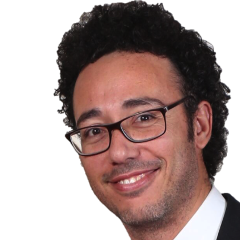
Prof. Dr. Walid Maalej
Lecturer, Program Manager

Daniel Martens, M.Sc.
Lead Instructor

Marlo Häring, M.Sc.
Instructor
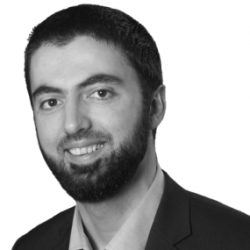
Zijad Kurtanovic, Dipl.-Inf.
Instructor

Christoph Stanik, M.Sc.
Instructor
Course Description
In this teaching and innovation laboratory students develop innovative Apps in small teams, under real conditions and tight project deadlines, for real customers from industry, society and the public sector. They experience the latest technologies and development tools, and the theory and methods of software engineering and project management. They also make valuable experience in teamwork and in communication with the “clients”.
Master students only: This winter term we introduce the first global iteration of M-Lab, where students will have the chance to work together in globally distributed teams with students from the University of Bari (Italy) and the University of Pennsylvania (USA).
M-Lab consists of two parts: a practical part (project) and a theoretical part (seminar). In the practical part, the teams will work on a software project and go through all phases of software development, including problem definition, requirements gathering, analysis, design, implementation, integration, testing, software delivery and presentation. A company, an association, or an authority will provide the project goals. In the theoretical part, each project phase of the software life cycle will be discussed and reflected. The seminar topics will be timed to correspond to the expected project progress of the team. The teams will give a presentation on each topic (e.g., requirements analysis) and the theoretical elements (e.g., methods, tools, procedures) that are suited best for the project and why. Their challenges, current and past project decisions, as well as the alternative options they have considered, will be discussed and reflected with the teaching assistants and the other teams.
The students may have different major fields of study, such as computer science, human-machine communication, IT Management and Consulting, or business computer science. Students from other disciplines with computer science as a minor may also participate.
Clients
Projects Poll
Please make sure to fill out both polls below.
- Preference Poll (The survey will start after the kickoff at 6 pm.)
- General Poll (Please fill out the survey before the kickoff.)
Project Trailers
Project trailers from last year's M-Lab iteration (see MAST YouTube-Channel for further trailers)
Syllabus
| Date | Time | Location | Topic | Deliverable |
|---|---|---|---|---|
| 20.10.2016 |
16:00 - 18:00 | D-125/129 | Introduction, Ice Breaker & Kickoff Presentations by Customers |
|
| 27.10.2016 |
15:00 - 20:00 | D-220 | Tutorials iOS & Android Development |
|
| 03.11.2016 | 16:00 - 17:30 | D-220 | Requirements Engineering Requirements Gathering Methods, Interviews, Surveys, Observation, Requirement Quality, User Study |
Problem Statement, Hello M-Lab (in GitLab) |
| 10.11.2016 | 16:00 - 17:30 | D-220 |
Prototyping Mockups, Prototypes |
|
| 17.11.2016 | 16:00 - 17:30 | D-220 |
System Design Architecture, Object Model, Patterns, Reuse |
|
| 24.11.2016 | 16:00 - 17:30 | D-220 |
Object Design Frameworks, APIs |
|
| 01.12.2016 | 16:00 - 18:00 | D-220 |
Usability for Mobile Usability Patterns, Screen Design, Usability Guideline, Usability Testing |
|
| 08.12.2016 |
14:30 - 17:30 | D-220 |
Design Review Presentation of System Design |
Requirements and System Design Document |
| 15.12.2016 | 16:00 - 18:00 | D-220 |
Testing and Quality Management Unit Testing, System Testing, Usability Testing, Code Inspections, Bug Predictions |
|
| 22.12.2016 | 16:00 - 17:30 | D-220 |
Build and Release Management Continuous Integration, Configuration Management, Build and Release Management |
|
| 12.01.2017 | 16:00 - 17:30 | D-220 |
Rollout and Delivery Management How To Package, Publish And Present Apps |
|
| 19.01.2017 | D-220 |
Scrum Phase Pre Release Sprint |
||
| 26.01.2017 | D-220 |
Scrum Phase Dryrun |
||
| 02.02.2017 |
16:00 - 19:00 | D-220 |
Final Exhibition Final Presentations of Projects, Client Acceptance Test |
App, Website, Poster & Trailer |
Main Milestones

The project has three main milestones:
- On 03.11.2016: You will deliver the Problem Statement and Hello M-Lab.
- On 08.12.2016: Design Review. You will deliver and present the specification documents Mock Ups, and eventually a first prototype.
- On 02.02.2017: Client Acceptance Test: On this day you will present your product to the customers and a public audience. Each team will deliver a poster, a video trailer and of course the products.
Funding & Awards

Gewinnerprojekt in Unseren Hochschulen 2015
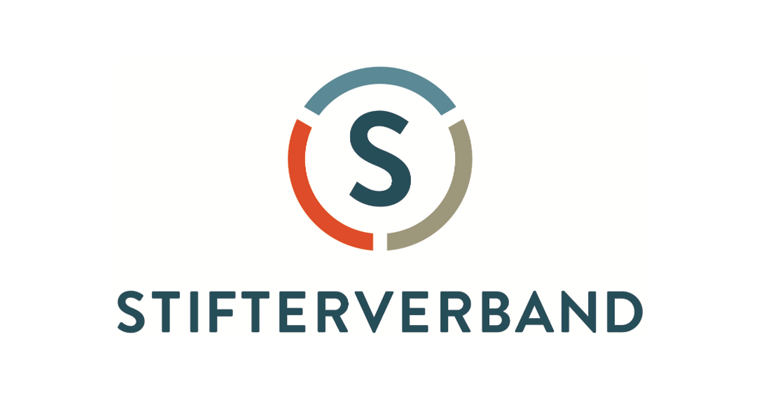
Gewinnerprojekt in MINTernational
Previous Industry Partners

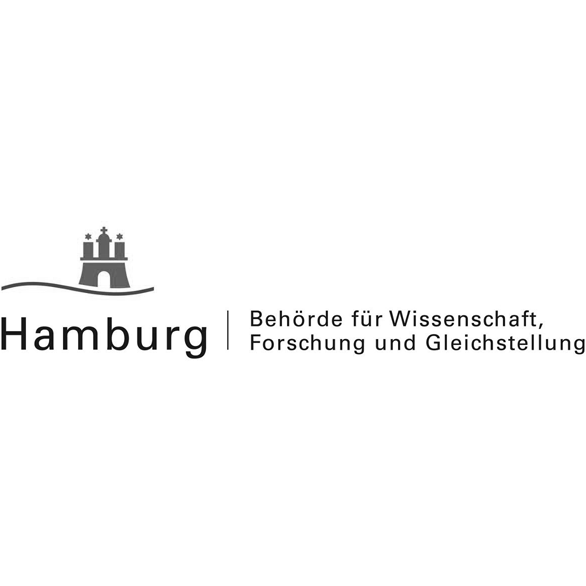


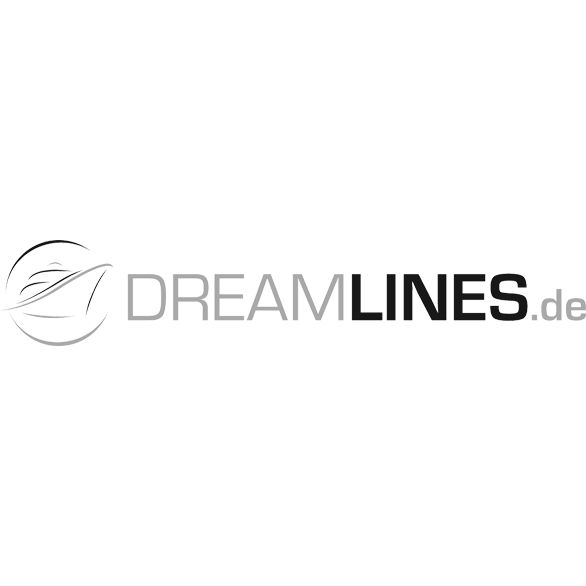


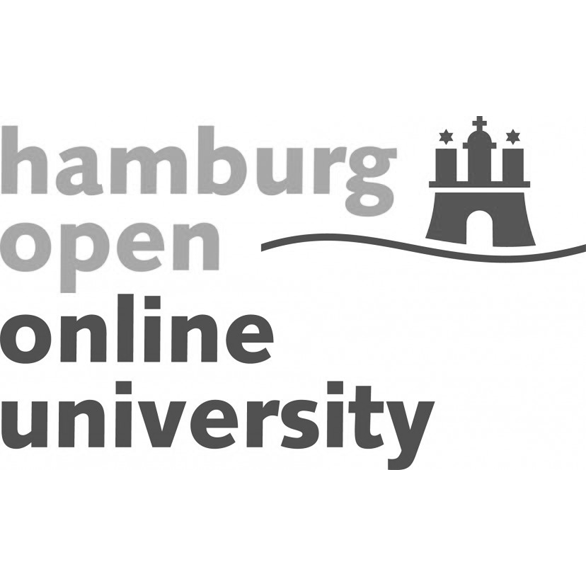

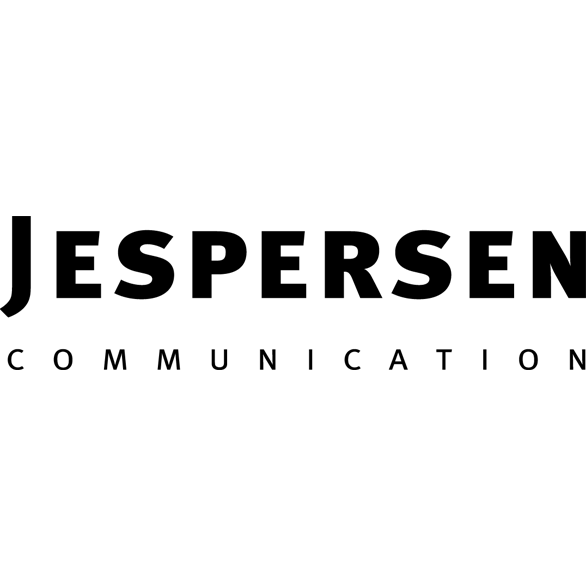
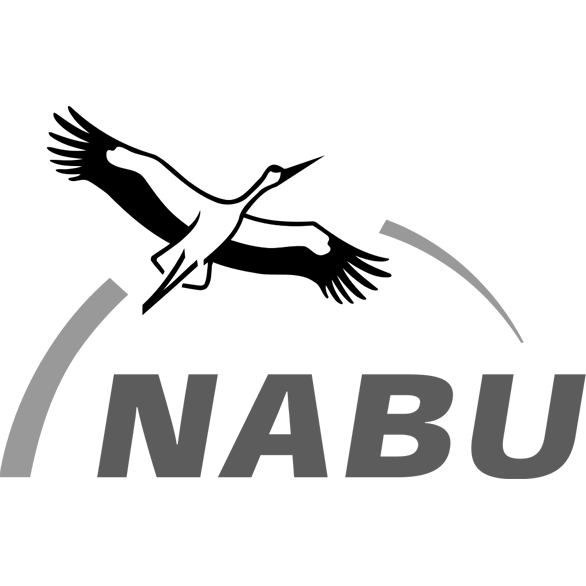



Partner Universities

University of Bari (Italy)

University of Pennsylvania (USA)
Literature

Object-Oriented Software Engineering Using UML, Patterns, and Java (3rd Edition).
Bernd Bruegge and Allan H. Dutoit:
Prentice Hall, 2014.
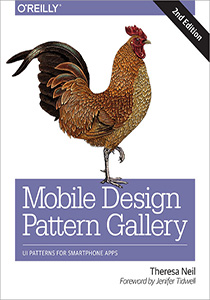
Mobile Design Pattern Gallery: UI Patterns for Smartphone Apps.
Theresa Neil:
O’Reily Media, Inc., 2014.
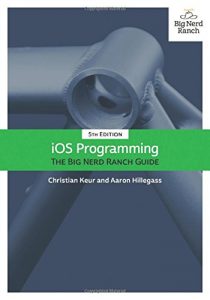
iOS Programming: The Big Nerd Ranch Guide (5th Edition)
Christian Keur, Aaron Hillegass:
Pearson Education, 2015.





